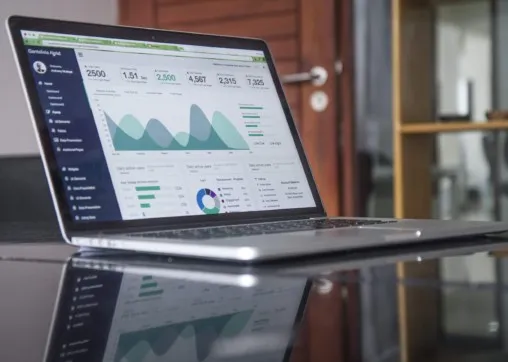1. Security Breaches
WordPress is an open-source content management system that can be used by any programming novice. This means it’s also easy for hackers to access and compromise your website, but don’t worry! With a few simple tasks every month or quarter you will have built up enough security measures in place so as long as there are no major weaknesses within the code itself then these vulnerabilities won’t matter anymore because WordPress sends out updates automatically without fail. Updating WordPress is easy to do from the backend of your website. However, sometimes you need a programmer to make additional adjustments to make your site compatible with the new version of WordPress.
2. Site Performance
Because the rules and requirements for being found on-line constantly change, your website is at risk of falling behind. If you make important changes to contact information or there’s an issue within one plugin that affects how visitors are able navigate through their site – they might stop coming back which would hurt vital lead generation efforts as well! You also can’t be too careful when competing with other companies who may have improved since Google last looked over them; it could push yours down into lower rankings causing less visibility overall (and therefore potential customers). Failing to update your site can impact its search engine ranking. Google and other search engines recommend that sites update their content regularly in order to rank higher; if yours is not updated, you could be losing traffic as a result. A WordPress maintenance plan can help you avoid dips in site performance and leads.
3. Peace of Mind
Building a maintenance plan for your WordPress site provides you with peace of mind. Planning ahead reduces the likelihood that you will be blindsided by an emergency with a website, like being hacked or down all together! It helps keep costs low and ensures there are resources available if something goes wrong – which hopefully won’t happen too often because these plans make sure everything stays running smoothly
4. Backups
One of the most important elements of website maintenance is ensuring that you have daily backups running for your website. Backups are vital and save an enormous amount of money if your site is hacked or if you make an update that accidentally “breaks” your website. If you update a plugin and your site stops working, you can simply re-load a backed-up version of your website from a previous day. Then consult a programmer to get the plugin updated properly so your site stays up to date.
If you have been hacked, you can save a lot of time and grief by pushing your website back to a date before you were hacked and then closing the gap that made you vulnerable to hacking. Hackers like to return and re-hit sites they have infected successfully, loading up your backups isn’t always enough to keep them at bay. However, backups are a great start for getting your site back up and running in a short period of time while you come up with a game plan to tighten site security.
What Should Be Included in a WordPress Maintenance Plan?
WordPress Maintenance plans come in many different packages. Below is a short list of some of the tasks we recommend performing regularly:
- Updating WordPress/website PHP coding
- Updating plugins
- Confirming website form functionality
- Confirming backups
Please get in touch with us to protect your website with the peace of mind of a WordPress Maintenance Plan from Skymattix. .


